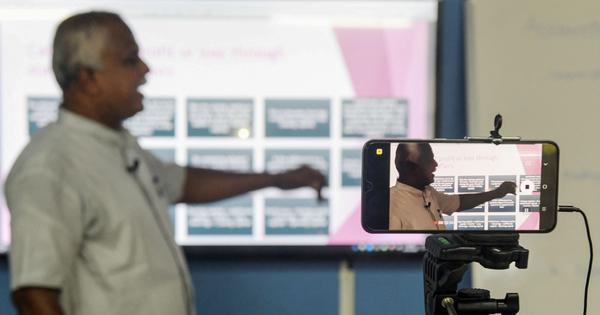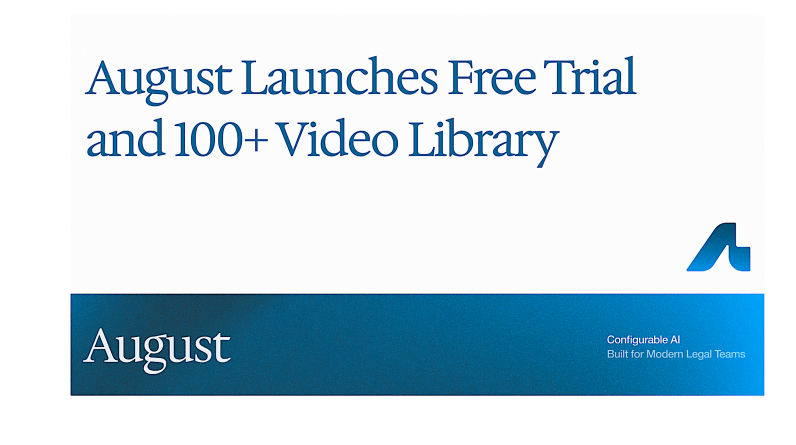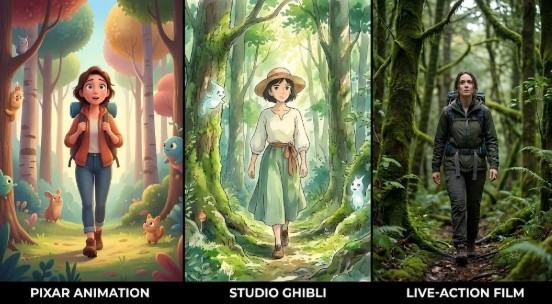
The niche but beloved web browser Opera got an artificially intelligent makeover Tuesday, with new and useful-looking AI features, as well as other tools to streamline your portal to the internet. So far, most of the AI web browsing options we’ve seen from companies like OpenAI and Microsoft offer a gimmicky alternative to search engines. Opera One, the 100th version of the Opera browser, takes things a bit further with tools that the company says will actually enhance your web browsing.
“As people who obsess over browser innovation, we saw fit to rethink the role of the browser in light of the recent developments in the AI space,” said Joanna Czajka, product director at Opera, in a press release. “As opposed to other browser companies, Opera didn’t simply add AI services to its browser. We went back to the drawing board and redesigned our flagship browser. Opera One is built around Aria, our native browser AI, and is the culmination of our work so far.”
Opera added its Aria chatbot to the browser this May with a sidebar that lets you talk to the chatbot, much the same way you interact with ChatGPT (in fact, Aria is powered by ChatGPT technology). But with Opera One, Aria isn’t just running alongside your regular browsing activities. The most interesting feature is called AI Prompts, which lets you pull up Aria by highlighting or right-clicking on text and delve deeper into the content you’re looking at online. You can also pull up Aria with a keyboard shortcut. Opera suggests you use these features to collaborate with AI on tasks like answering questions about products, or generating the text or code you might type into a website.
Microsoft’s Edge was the first major browser to incorporate AI, but much like the first iteration of Aria, Edge’s AI features live in a sidebar. Integrating AI features into the experience of using at a browser window itself is a small but important distinction. You’re not using AI and web browser side-by-side, you’re using them simultaneously in a streamlined workflow.
As your web browser gets more complicated, you’ll need more of a tutorial on taking advantage of its full capacity. Aria will help you there as well, as it’s mastered all of Opera’s support documentation. Often, when you want to get a computer or an app to perform some specific task, you have to figure out the exact proper name of that feature in order to Google it, which can be a frustrating time suck. With Opera, you can ask Aria a question about your browser’s features using the kind of language you’d use to ask a knowledgeable friend.
For some people, AI comes with an unpleasant stigma. Like other companies who’ve added chatbot tech to previously AI-free products, Opera stresses that the new AI features are optional and you can disable them, if you like.
Opera One has a number of handy new functions that aren’t about AI as well. Opera calls its new browser design “modular,” meaning you can move around buttons, tabs, and other elements of the browser on the fly. That lets you hide features you don’t need in some contexts, and surface hidden features that you do want in others. The new “Tab Islands” feature is the best example, which lets you group certain tabs together under a single button, and open or collapse these groups when you need to. For instance, you might need a couple of specific Google docs and your email inbox when you’re working, but want to hide them when you’re doing some online shopping. Opera says this modular design is the first step towards a browser that automatically changes based on your needs.
There are a lot of options for how you can move the different tools around that are easier to see than they are to read about. Check out the video below for a preview.
This is Opera One
Opera One is part of a much broader effort to meet consumers’ changing needs online. The last major disruption to web browsing was the introduction of tabs in 1998. Since then, using the internet has moved from an occasional activity to an all-day-long part of modern life. Right now, your web browser is basically a box that lets you look at websites. Opera and its competitors want to change that, and turn your browser into a more versatile tool that allows developers to expand what’s possible on the web, and lets users build a custom portal tailored to their needs. There’s a big shift happening, and over the next year, you’re going to see the companies who make web browsers experiment with bold new visions of what it means to be online.
open article in new tab
Originally Appeared Here







